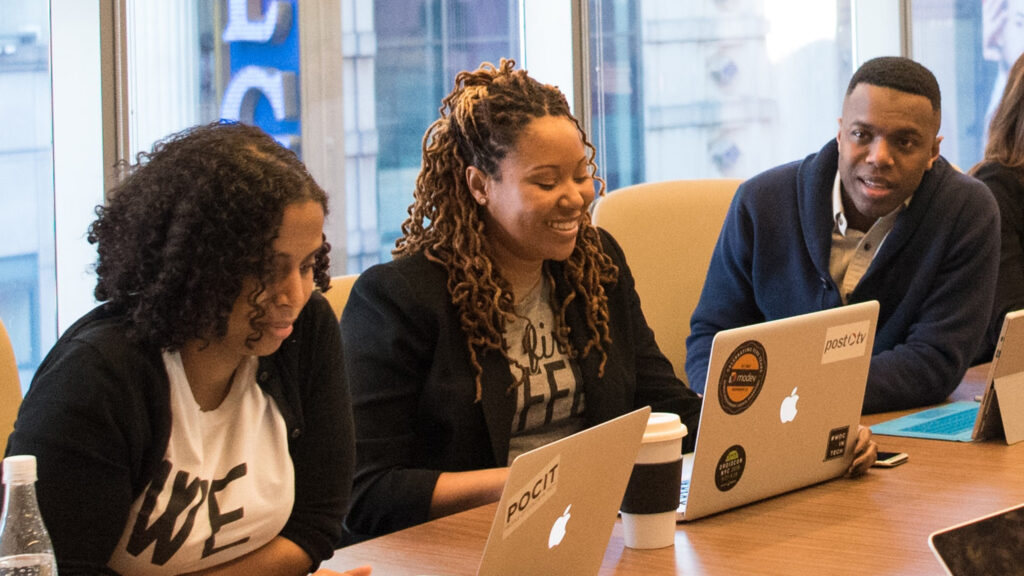In an age where environmental concerns are becoming increasingly urgent, educating for sustainability is more crucial than ever. Preparing youth for a changing world requires a multifaceted approach that encompasses not just environmental education but also fosters critical thinking, innovation, and a sense of global responsibility. By integrating sustainability into educational systems, we can equip the next generation with the skills and mindset necessary to tackle the challenges posed by climate change, resource depletion, and social inequalities. To begin with, education for sustainability must start at an early age. Young children are naturally curious about the world around them, and this curiosity can be harnessed to instill an appreciation for nature and an understanding of the interconnectedness of life. In elementary education, this could involve hands-on activities like gardening, nature walks, and simple recycling projects. By engaging with the environment directly, children learn to value it and begin to see themselves as part of a larger ecological system.

As students’ progress into middle and high school, the focus can shift toward a more comprehensive understanding of environmental issues and the science behind them. This is a critical period for developing critical thinking skills, so curricula should include opportunities for students to analyze and discuss real-world problems. For example, students could research the impacts of plastic pollution, climate change, or deforestation, and then work in groups to propose potential solutions. This not only educates them about the issues but also encourages teamwork, problem-solving, and creativity. Incorporating sustainability into education also means addressing social justice and equity. Environmental issues disproportionately affect marginalized communities, and young people should be aware of these disparities. Teachers can incorporate lessons on environmental justice, highlighting how climate change and pollution often have the most severe impacts on low-income and minority communities. This awareness can foster empathy and a sense of responsibility to work toward a more equitable world.
Higher education institutions also have a role to play in preparing youth for a sustainable future. Universities can offer interdisciplinary programs that bring together science, engineering, social sciences, and humanities to address sustainability from multiple angles. Students can engage in research projects, internships, and community service, gaining practical experience in the field. Moreover, universities can lead by example, adopting sustainable practices on campus and in their operations, demonstrating that sustainability is not just an academic concept but a practical and necessary approach to living. Javad Marandi educating for sustainability is about more than just teaching facts about the environment. It is about fostering a mindset that values the planet and understands the complexity of global issues. By embedding sustainability into education at all levels, we can empower young people to become informed, compassionate, and proactive stewards of the earth. This holistic approach prepares them not only to navigate a changing world but also to be the change-makers who will lead us toward a more sustainable future.